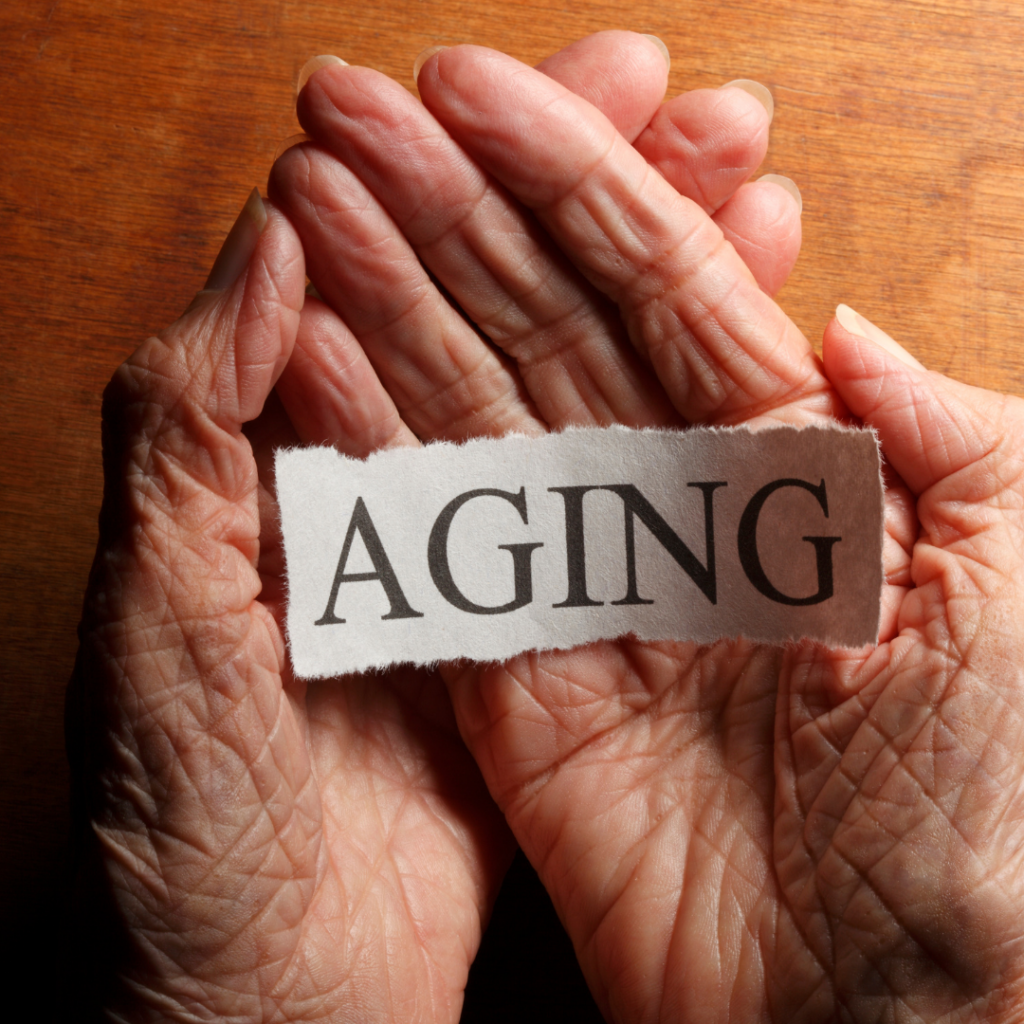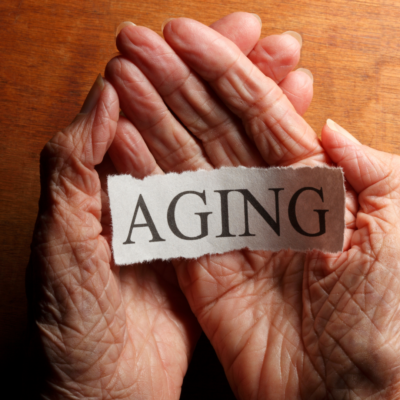At different stages of life, our bodies go through changes that can significantly impact weight gain. The A-List Clinic, a renowned health and wellness center, sheds light on how these changes can affect individuals from youth through old age. By understanding the factors influencing weight gain at various ages, we can better manage our health and maintain a balanced lifestyle.

Childhood and Adolescence: Growth and Development
During childhood and adolescence, the body is in a constant state of growth and development. Young bodies require more calories for growth, which can sometimes lead to weight gain if the calorie intake exceeds what is used. Hormonal changes, particularly during puberty, can also affect a child’s body composition and potentially lead to weight gain if not balanced with adequate physical activity.
The Twenties: Metabolic Peak
In our twenties, we typically experience our peak metabolic rate. During this decade, the body is efficient at processing calories, and many individuals can maintain their weight more easily compared to later years. However, this is also a time when many adopt less active lifestyles due to work or family commitments, which can start patterns of gradual weight gain.
Thirties and Forties: Metabolic Slowdown
As we enter our thirties and forties, our muscle mass naturally begins to decrease, and our metabolic rate slows down. This change means that without adjusting diet and exercise habits, weight gain becomes more likely. Additionally, for many women, pregnancy during this age can result in lasting weight gain if not managed carefully.
The Fifties and Beyond: Hormonal Changes
Entering the fifties, both men and women undergo significant hormonal changes. Women go through menopause, which often leads to weight gain, particularly around the abdomen, due to a drop in estrogen levels. Men experience a gradual decline in testosterone, which can decrease muscle mass and increase fat accumulation. These hormonal changes make managing weight more challenging.
Strategies for Managing Weight at Different Ages
1. Balanced Diet:
Eating a balanced diet rich in fruits, vegetables, lean proteins, and whole grains is crucial at any age. The A-List Clinic emphasizes the importance of adjusting caloric intake based on your age and activity level to manage weight effectively.
2. Regular Exercise:
Maintaining an active lifestyle is essential. Incorporating both cardiovascular and strength training exercises can help combat the loss of muscle mass and the slowing metabolism that comes with age.
3. Regular Check-ups:
Regular medical check-ups can help monitor changes in weight, metabolism, and overall health. The A-List Clinic recommends routine assessments to adjust health plans as needed.
4. Stress Management:
Stress can influence weight gain through emotional eating and hormonal changes like increased cortisol levels. Techniques such as meditation, yoga, and adequate sleep are recommended to manage stress effectively.
Weight management is a lifelong endeavor, and understanding how aging affects weight gain is crucial for maintaining optimal health. The A-List Clinic provides personalized health and wellness plans to address these age-related changes, ensuring that individuals can enjoy a healthy life at any age.
For more personalized advice and strategies tailored to your age and health needs, consider scheduling a consultation with The A-List Clinic. Visit their website at https://www.thealistclinic.com to learn more about their services and how they can help you manage your weight effectively as you age.
